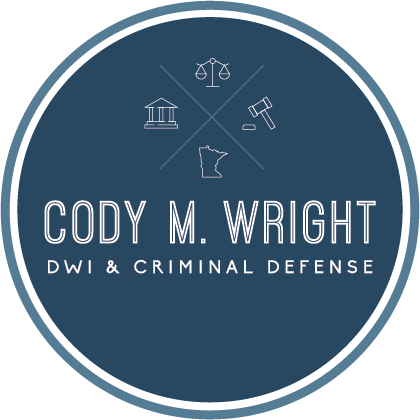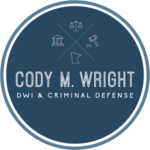

The Penalties of Selling Drugs in Minnesota: What You Need to Know
A drug offense in Minnesota is a serious legal concern that can have far-reaching consequences. For individuals charged with selling drugs, understanding the state’s strict laws, penalties, and potential outcomes is not just prudent, it’s essential. This comprehensive guide explores the stakes involved for those involved in drug sales, offering insight into how these crimes are prosecuted, and what accused individuals can do to protect their rights.
Understanding Drug Laws in Minnesota
In Minnesota, anyone involved in the sale of controlled substances faces hefty legal repercussions that hinge on the classification of the drug sold. The state’s stringent drug statutes categorize substances into five tiers, with Schedule I housing the most hazardous drugs, descending through to Schedule V. The sale of any controlled substance without a legitimate medical prescription is prohibited and punishable by law, with the severity of the penalty scaling with the drug’s classification.
Penalties for Drug Possession with Intent to Sell in Minnesota
The penalties for possession with intent to distribute are significantly more severe than for personal possession. The law is clear about what constitutes intent to sell, and the penalties reflect the state’s intent to crack down on drug trafficking.
Minnesota separates drug offenses into five categories, each indicative of the type and amount of the illegal substance. The court takes into account the drug schedule, amount, and any prior convictions.
- First-degree possession: This is the most serious offense and can lead to 30 years in prison and a $1 million fine for selling over 500 grams of Schedule I or II drugs.
- Second-degree possession: Selling between 25-500 grams of Schedule I or II drugs can result in up to 25 years in prison and a $500,000 fine.
- Third-degree possession: A person charged with selling 10-50 grams of Schedule I or II drugs can face up to 10 years in prison and a $20,000 fine.
- Fourth-degree possession: This applies to the sale of Schedule I, II, or III controlled substances and can result in 15 years imprisonment and a $100,000 fine.
- Fifth-degree possession: Selling less than 5 doses of Schedule I, II, or III drugs can lead to five years in prison and a $10,000 fine.
Certain circumstances can elevate a drug distribution charge, such as selling drugs near a school, park, or a public housing area. These enhancements can drastically increase the potential penalties.
Consequences of Drug Convictions
The aftershocks of a drug conviction can be profound. Beyond the immediate penalties imposed by the court, such as fines and prison time, individuals face a host of long-term consequences. A drug conviction can also impact an individual’s current job and severely limit future employment opportunities, particularly in industries that have strict anti-drug policies such as healthcare and education. Housing options can be greatly limited, as landlords often conduct background checks. Additionally, drug conviction can result in loss of certain civil rights, including the right to vote, own a firearm, and serve on a jury. These rights can be difficult to regain, even after serving the full penalty for the crime.
Defenses and Legal Options
Common defenses in drug cases include challenging the legality of the search and seizure, disputing the existence of intent, or asserting insufficient evidence. Each case is unique, and a successful outcome often hinges on the ability to mount a strong, tailored defense.
Depending on the specifics of the case, there may be opportunities to negotiate a plea deal for a lesser charge, which can significantly reduce the penalties. Seeking legal counsel early in the process is crucial to understanding and pursuing all available legal options.
The penalties for selling drugs in Minnesota are particularly severe, with the potential to impact every aspect of the defendant’s life. By familiarizing themselves with the state’s drug laws and understanding the consequences, individuals can be better prepared to navigate the legal system.
If you or someone you know is facing drug charges, it’s essential to act quickly and engage the services of a skilled criminal defense attorney. With professional guidance, it may be possible to mitigate the penalties or even secure a favorable outcome. Remember, the first step toward a defense is seeking help, the sooner, the better.
Share This Article!


Understanding Minnesota’s Driving Laws: What Every Motorist Must Know

